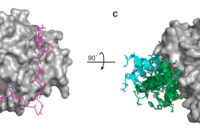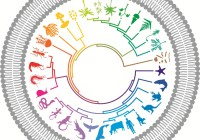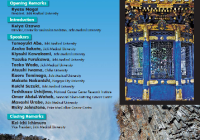Killing Rock Vomit in Whiting Harbor, Alaska: A Thought Experiment

Guest blog post by Monaca Noble, Marine Invasions lab, Smithsonian Environmental Research Center How do you control an invasive species? This is the question we are asking you to ponder through our thought experiment. For this experiment we have provided information about the invasive tunicate, the impacted area, and the results from a recent research… Read more »







